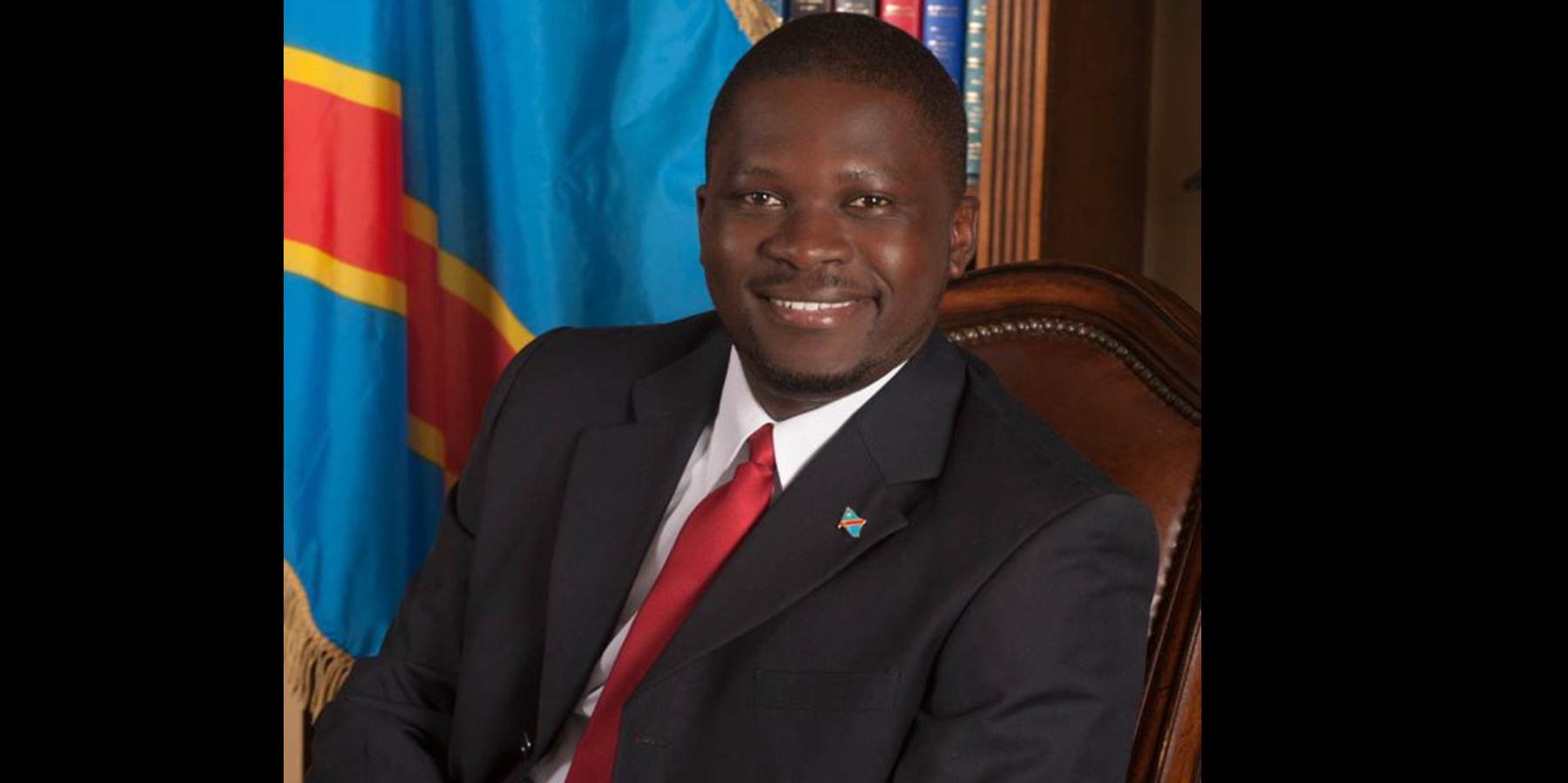In the early hours of Sunday, May 19, the government of the Democratic Republic of the Congo (DRC) thwarted an attempted coup against the ruling government of President Felix Tshisekedi.
The coup began around 4 a.m. local time when dozens of armed men in the capital of Kinshasa raided the home of Vital Kamerhe, a national legislator allied with Tshisekedi. Nearby, armed men stormed the official residence and office of the president, though Tshisekedi wasn’t there at the time.
In an ensuing armed struggle, several of those involved in the attempted coup sought to flee across the Congo River to neighboring Brazzaville, the capital of the bordering Republic of Congo, located on the other side of the river. The two neighboring capitals are close enough — located immediately across the river from each other — that a shell fired during the gun fight in Kinshasa landed in Brazzaville, injuring multiple people.
At least six individuals were killed in the gunfight, including two Congolese security officials and 41-year-old Christian Malanga, the man thought to have led the attempted coup.
Although the details leading up to all of this is unclear, Malanga was a well established opposition figure known throughout the Congo. As a child, he had fled the DRC with his family to Salt Lake City in the United States as political refugees escaping repression. Malanga attained U.S. citizenship and claimed that he was a member of the U.S. Air Force Junior ROTC while in high school in Salt Lake City. After graduating, he started a car dealership company.
He eventually returned to the DRC and unsuccessfully ran for a seat in the national parliament in 2011, during which time he was arrested and detained for several weeks.
Following his release, he returned to Salt Lake City and continued his political work in the United States, founding the United Congolese Party (UCP) in opposition to the ruling government. The UCP refers to itself not just as an opposition party, but as the exiled true government of the DRC, which the party calls New Zaire, referencing the years during which the DRC was officially known as Zaire, from 1971 to 1997.
Representing the UCP and the New Zaire movement, Malanga had previously met with high-ranking officials in Washington and the Vatican. During a live stream of Sunday’s attacks shown on his Facebook page, Malanga was heard chanting “New Zaire!” and verbally threatening President Tshisekedi.
In the immediate aftermath of the failed coup, about 50 people were arrested by Congolese authorities for their participation in the insurrection. Among these are at least three Americans, including Malanga’s 21-year-old son Marcel, who traveled to the DRC from the United States to help his father overthrow the national government.
Later on Sunday, the U.S. ambassador to the DRC released a statement in French — the official language of the DRC — on the social media platform X, saying she was “shocked by this morning’s events and very concerned by reports that Americans were allegedly involved. Rest assured that we will cooperate with DRC authorities in all possible ways as they investigate these criminal acts and hold accountable any American citizen involved in these criminal acts.”
Another American reportedly arrested in Kinshasa for taking part in the failed coup was 36-year-old Benjamin Zalman-Polun, a Washington, D.C.-native described in the news as a cannabis entrepreneur living in Maryland. In 2014, he pled guilty to a charge in D.C. for attempting to distribute up to 50 kilos of marijuana in the capital.
In addition to political connections, he was a close business associate with Malanga and was reportedly a partner with Malanga in a gold mining and e-cigarettes business in Mozambique.















